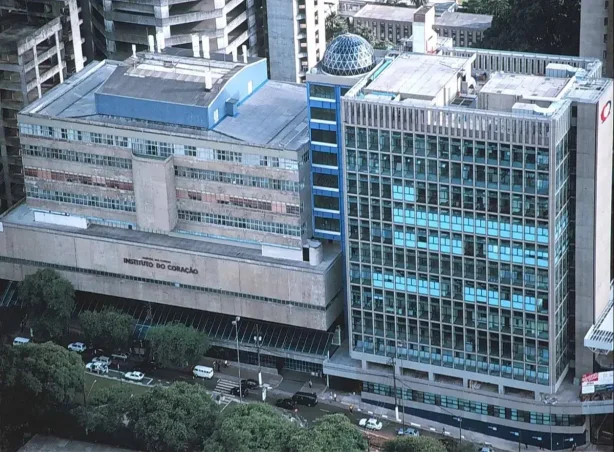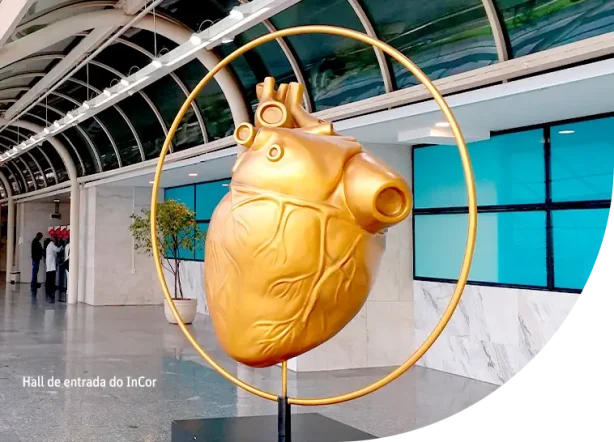The Physionet Hackathon will be held in the Instituto do Coração (InCor, or the “Heart Institute”), officially established in 1963. InCor is one of the world’s three largest centers for cardiology in terms of service volume and number of specialties. It is also the largest center for cardiology science in Latin America. The Incor number for 2022 is available through the link, highlighting 4,871 surgery procedures, 11,554 hospital admissions, 15,721 Hemodynamic Studies, 228,606 Appointments and 3,753,519 Diagnostic Exams performed.


Chagas disease is a parasitic disease primarily transmitted by triatomine insect bites. It affects an estimated 6.5 million people and causes nearly 10,000 deaths annually, primarily in Central and South America. Serological testing can detect Chagas disease and allow treatment to slow or prevent damage to the cardiovascular system, but testing capacity is limited. Chagas disease symptoms may also appear in ECGs, so automated approaches can help to prioritize individuals for the limited numbers of serological tests and inform the impacts of and treatments for Chagas disease. As in previous years, the Challenge is divided into two phases: an unofficial phase and an official phase.
See the Challenge website for more information, rules and deadlines.
The culmination of the Challenge will be in Brazil at the annual meeting of Computing in Cardiology, where the prizes will be presented at the closing ceremony. Please join the Challenge and have fun.
Local of Physionet Challenge and Hackathon
Instituto do Coração – HC FMUSP
InCor Amphitheater– 2nd Floor – Block I
Av. Dr. Eneas de Carvalho Aguiar, 44
São Paulo – SP – ZIP Code 05403-000
Google Maps Coordinates: 23°33’25.3″S 46°40’05.8″W
Documents required for access to the Sunday Symposium, Hackathon, and MathWorks Workshop:
The above documents must be presented at security to access the buildings.